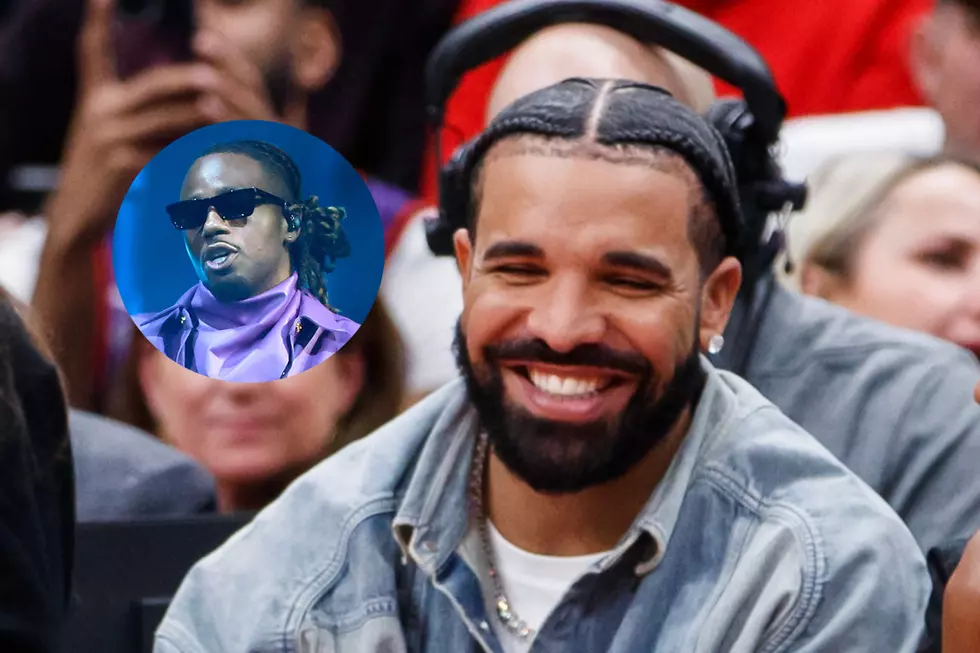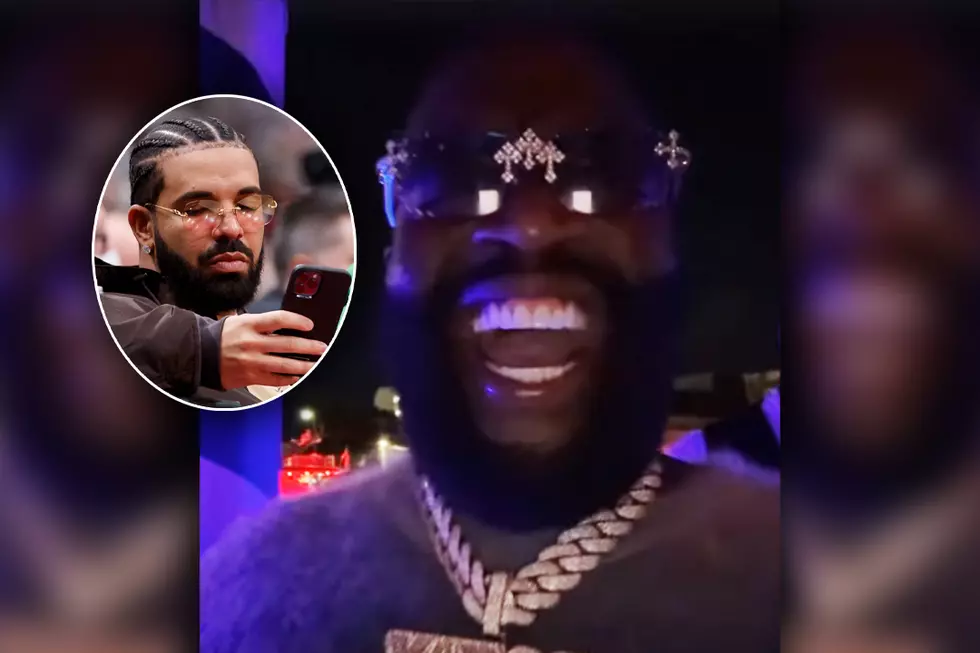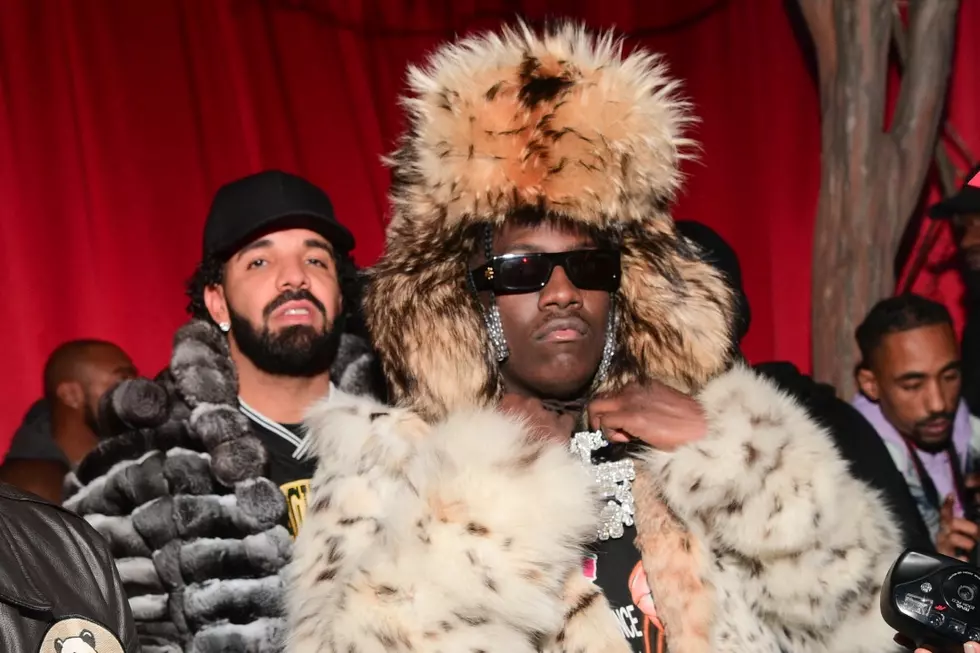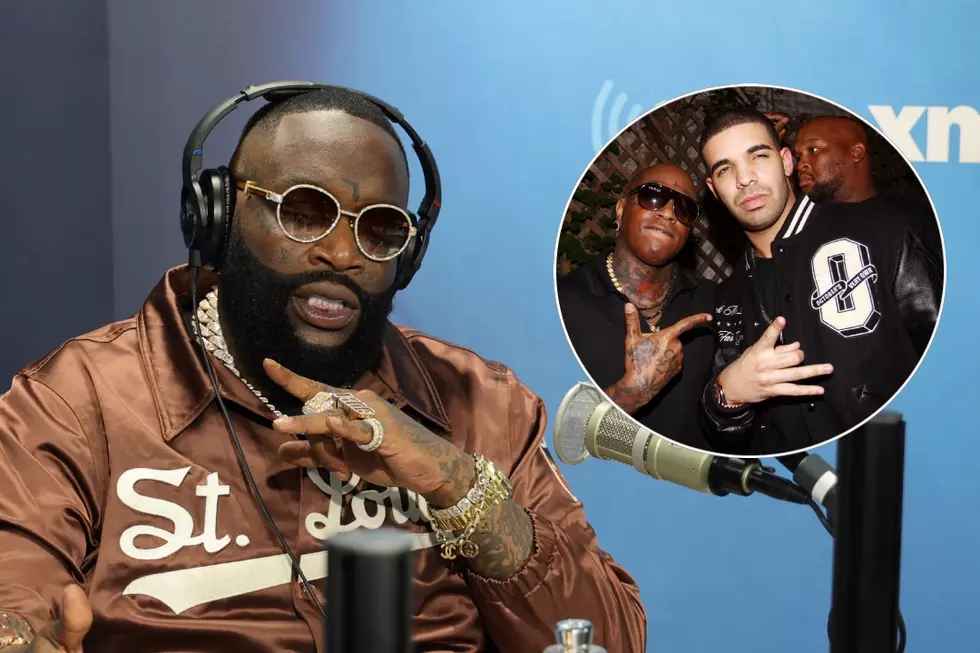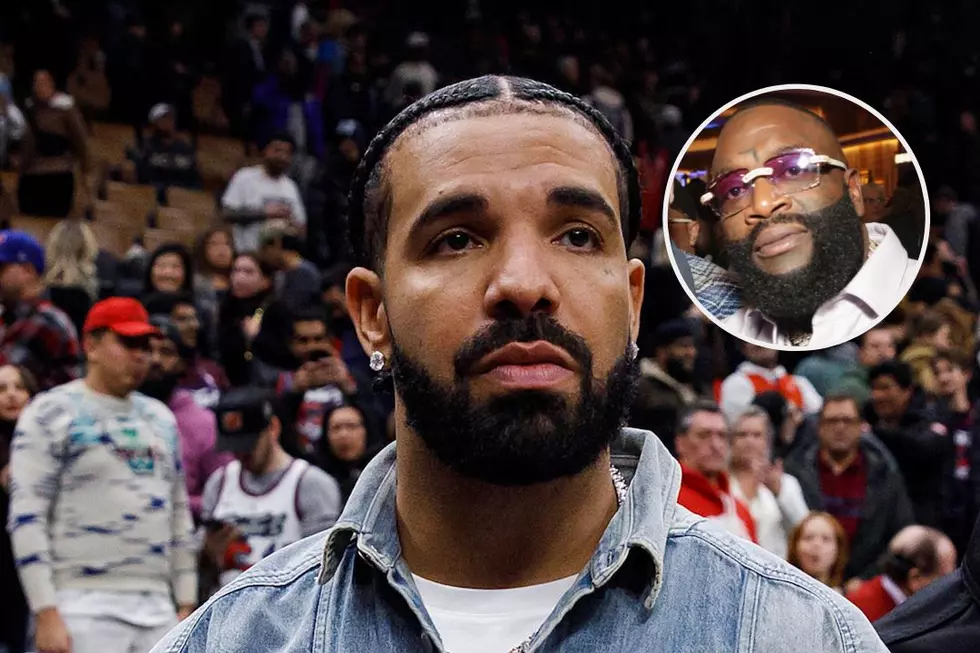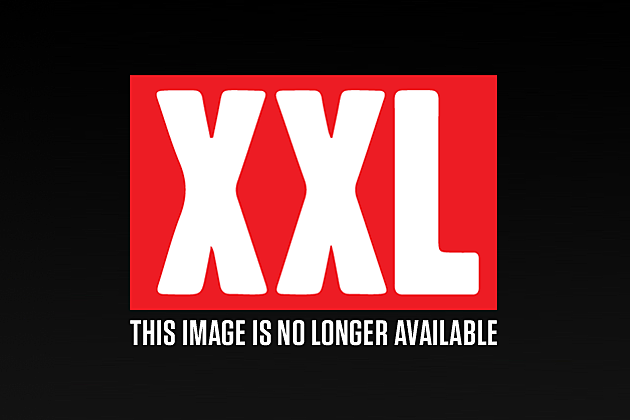
Production Credit: 9th Wonder Speaks on Digging for Samples, Take Care & Staying in His Lane
9th Wonder may have entered hip-hop's collective consciousness as a member of Little Brother, but in the decade since, the producer has solidified himself as one of the game's go-to beatsmiths. With an emerging label, It's a Wonderful World Music Group, and placements with big name artists under his belt, the North Carolina native finally dropped his long delayed solo album, The Wonder Years two weeks ago. XXL spoke to 9th about reuniting with Phonte, making beats in five minutes, enjoying his lane and more. —Adam Fleischer
XXLMag.com: I read at one point that you were working with Drake on Take Care. Did anything come of that?
9th Wonder: That was supposed to be the plan, but you know how things go sometimes, and that's just it. Take Care is due [soon], and that's what it is. I don't think I'm on it. I don't think I quote-unquote made the cut.
Did you get any beats to him?
Yeah, I did. I don't know if he used any. There were three or four that he really liked, and this is how it goes, man. Regardless, support that man's record.
You have a bunch of different people on your album, The Wonder Years. Were you able to get in the studio with them, or were you sending things back and forth?
Some people I was, some people I wasn't. But I've worked with some of these people before in the studio which, once you have that chemistry, you have that chemistry regardless of if you with them or not. And you have an understanding of what you want to do, and they have an understanding of what you want to do. It's easy.
When you're putting things together for your album, are you making a beat with particular people in mind?
I just do the track and after it's done, I say to myself, I can hear this person on it. If there's people with me, I ask, “Who can you hear on it?” And that's how it comes about. That's how it comes about when I do beats, period.
How did you approach this project differently than past efforts?
I experimented when it came to adding Terrace Martin, the saxophonist from Los Angeles. I think the three tracks I have from him are more of a sound for me. I have live instrumentation and changes in the music, as opposed to what people know me for. It's still all soul music to me. I saw somebody on the Internet saying, “Is it still the same 9th?” And they said, “Oh, he's not reinventing the wheel.” No one is. I think in terms of people trying to reinvent the wheel when it comes to hip-hop music, they try to attempt to do it and sometimes it comes out being terrible, more so than not. And I don't think people are truthful about it. People say, “I'm doing something that's different, and you're supposed to like it because it's different.” Nah. I do different. I don't do different wack. That's the thing I loved about OutKast, because OutKast was a group that experimented every time. Their niche was different every record—that was their niche. And they were successful at it. For me, I'm a traditionalist. I'm giving you drums, I'm giving you a chopped up sample, I'm giving you a rapper. That's what I'm put here on this earth to do. This is my lane, and I'm staying in it.
You worked a bunch on Phonte's recent album, Charity Starts At Home. What was it like getting back with him? Were you guys in the studio?
We weren't. Well, we were on a few occasions, but it was just talking about life. With Phonte and I, it's been a bunch of catch up, because we hadn't really spoken over the past four years. But you can hear, from the records that I have on his project and the records he has on mine—it's that chemistry we were talking about. When you know a person, you know what a person looks for, you know a person's sound. It feels like we haven't missed a beat. I was with Talib Kweli a couple weeks ago, and we were talking about the “Not Here Anymore” record, and he was like, “What is that? Y'all haven't missed it.” It's just the fact that you have two individuals that know the exact sound they want to make; that know the feeling they're going for.
You've been doing this for a while. At this point, how long does it take you to make a beat? Or does it vary?
It depends what I want to do to it. It could take five [minutes], it could take 30. But people don't understand, in order for me to get to that formula where I can get it down to five or 10 or 15 minutes, it took me, in my earlier years, maybe an hour or an hour-and-a-half. Once I got my formula—it's like a basketball player. He spends hours and hours in the gym trying to perfect his jump shot; tucking in the elbow, or spreading the fingers. That takes time to create your form for your jump shot. Once you get your form, that's it. It's like a walk in the park. To other people, it may look repetitive, or it may look easy, but it's all about putting the ball in the hole. That's what it is for me, and I've got it down to a science.
What's your process when you're digging for samples?
Just a feeling. I wanted to get to a point in my career where another producer can hear a sample on a record and say to themselves, “Hey man, that sound like 9th shit. I'm gonna either send it to him or leave it alone.” I ran up on a lot of things early in my career that sounded like some Just Blaze shit. I want that. I want that signature sound. I want to be on an album with 20 producers and you know which one is mine without reading the credits. If I've gotten to that point, then I've done my job.
More From XXL
